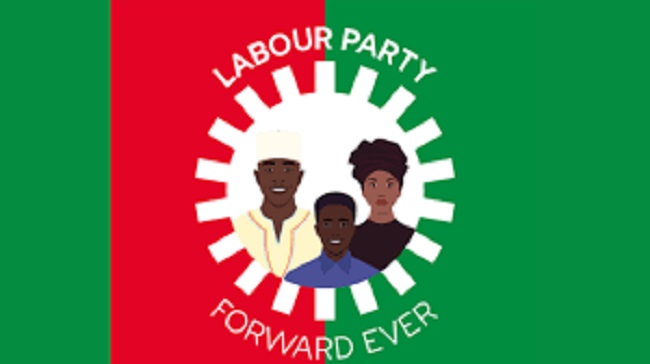The newly established 29-member National Caretaker Committee of the Labour Party, under the leadership of former minister Senator Nenadi Usman, has expressed its support for demands from party members in Anambra State to withdraw from the local government elections scheduled for September 28. This decision follows serious allegations regarding the Anambra State Independent Electoral Commission’s (ANSIEC) compliance with the Electoral Act. Anambra’s Labour Party (LP) spokesperson, Theo Egbe, announced intentions to boycott the elections due to concerns about a controversial list of candidates that purportedly originated from the party; however, the LP claims it did not hold any primaries or submit candidate nominations to ANSIEC.
The instability regarding candidate nominations has led the Usman-led committee to echo the sentiments of Anambra’s LP executives, particularly Chairman Chief Ugochukwu Emeh and Secretary Okoli Akirika, urging party members to abstain from participating in the upcoming elections. Their stance is specifically based on claims of procedural violations outlined in the Nigerian Constitution and the Electoral Act. In a formal statement, the committee acknowledged the party’s ongoing legal battles regarding the election processes, including cases filed against both the Anambra State House of Assembly and ANSIEC, emphasizing that the LP is not fielding any candidates for the local government elections.
The national leadership of the Labour Party insists that it has not appointed any caretaker committees at the state level and reiterates that the Anambra State LP operates under the guidance of Chief Emeh and Akirika. This clarification is necessary for clarity and record-keeping within the party’s structure. The committee’s refusal to recognize any alternative caretaker group underscores the internal tensions within the party and raises questions about the legitimacy of the electoral process in Anambra State.
Efforts to elicit comments from key LP figures regarding this situation have largely been met with silence. National Chairman Julius Abure has not provided any insights, nor has the National Publicity Secretary, Obiora Ifoh, offered detailed responses. Ifoh’s statement reflects a broader commitment within the party to uphold their established leadership, categorically dismissing any claims made by unauthorized committees about party operations.
The escalating situation in Anambra exemplifies the challenges facing not just the Labour Party but also electoral integrity in Nigeria at large. With legal actions pending and accusations of illegitimate candidate nominations intensifying, the LP finds itself at a critical juncture. The outcome of this predicament may influence the party’s strategies for future elections, including its ability to forge a cohesive front amid increasing intra-party discord.
In conclusion, the Labour Party’s current crisis in Anambra highlights significant concerns about the electoral framework’s adherence to established laws and the challenges that political organizations face amid conflicting leadership claims. As the party navigates this turbulent period, its members’ next moves could redefine its role in Nigeria’s political landscape and reshape its electoral strategies as they grapple with issues of legitimacy and representation in local governance.


